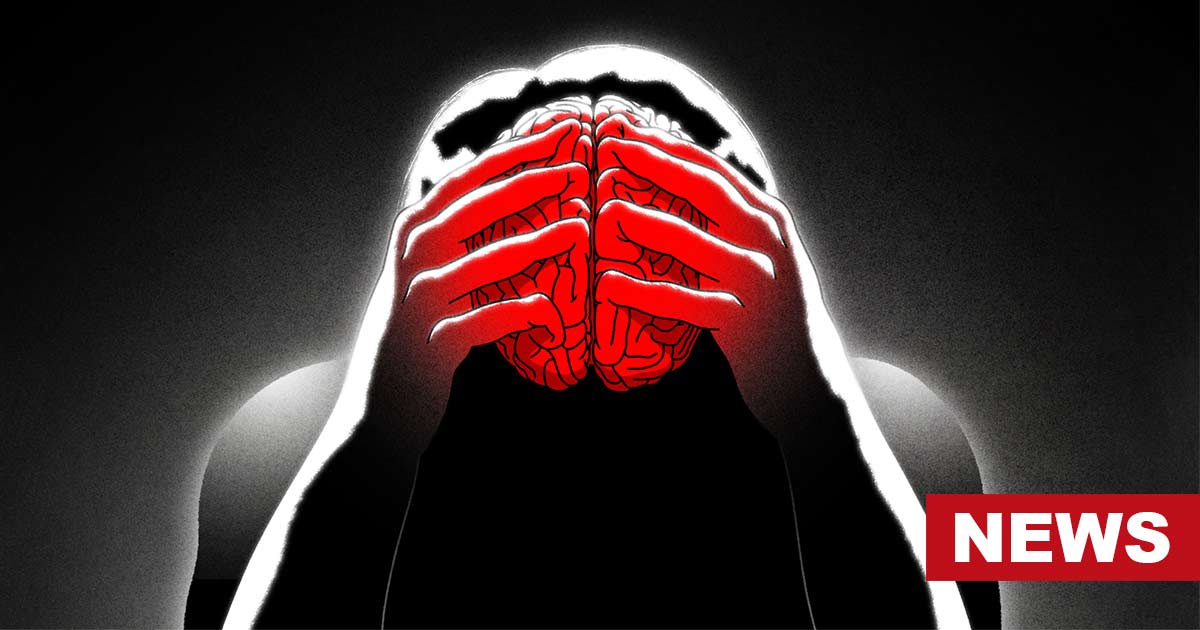A traumatic brain injury (TBI) is a grave condition that can lead to various long-term health issues. Individuals who experience a traumatic brain injury, such as a concussion resulting from a sports injury, are at an elevated risk of developing new subtypes of depression.
Shockingly, nearly half of traumatic brain injury patients experience depression within the first year, a concerning statistic considering that 1.5 million Americans sustain such injuries annually, with 230,000 requiring hospitalization. The mental health effects can impede recovery and prove challenging to treat.
Until now, doctors have primarily relied on antidepressants and cognitive behavioral interventions to address new categories of depression in these cases. Unfortunately, these treatments do not consistently yield positive outcomes.
Dr. Shan Siddiqi, an assistant professor of psychiatry at Harvard Medical School, believes that a different approach may be warranted. In an interview with the Salon news publication he expressed that the structurally-oriented treatments, specifically targeted brain stimulation treatments, might be more effective for individuals experiencing new subtypes of depression compared to psychological or chemical interventions.
Dr. Siddiqi’s recent research, published in Science Translational Medicine, introduces new subtypes of depression called “TBI affective syndrome.” This study provides further evidence supporting the long-held belief, albeit difficult to scientifically prove, that there are new categories of depression. The findings have the potential to revolutionize the future treatment of this mental health condition.
According to Dr. Siddiqi, “We have believed for a long time that TBI affective syndrome is somehow different, but we have never proven it. What we had to do was identify clusters of symptoms that go together, and then see if they predict treatment outcomes. And it didn’t work. It turns out that symptom clustering alone is not good enough.”
In the study, researchers examined brain scans of individuals with depression following a traumatic brain injury, those with depression unrelated to traumatic brain injury, and individuals with and without post-traumatic stress disorder.
They discovered that the brain circuits associated with depression were active in both groups with depression, but the operational patterns of these circuits differed. By utilizing new imaging methods, the study analyzed the movement of oxygen in the brain, generating detailed brain maps from 273 adults with traumatic brain injuries.
Dr. Siddiqi explains that these divergent patterns indicate a distinct disease process at work. Traditional major depression is characterized by under-connected circuits, whereas individuals with new subtypes of depression following a traumatic brain injury exhibit increased connectivity in these circuits
. Although this might initially seem positive, Dr. Siddiqi emphasizes that it is not necessarily beneficial. The exact nature of the abnormality is yet to be determined.
A study by Stanford Medicine in JAMA Network Open supports new categories of depression. A new category called cognitive biotype, affecting 27% of depressed patients, doesn’t respond well to standard antidepressants.
Targeting cognitive dysfunction may be more effective, leading to personalized treatments based on individual causes. Dr. Carla Marie Manly, a clinical psychologist, sees personalized approaches as promising, acknowledging depression’s diverse causes and manifestations in each person.
Dr. Manly supports the idea that tailored treatments will reduce frustration and feelings of brokenness among clients. The study highlighting the distinct nature of new subtypes of depression following a traumatic brain injury does not come as a surprise to her.
Dr. Siddiqi hopes that his research, at the very least, helps destigmatize depression in individuals who have experienced a traumatic brain injury. By localizing the dysfunction, he believes it will be easier to develop customized treatment plans for these individuals.




























